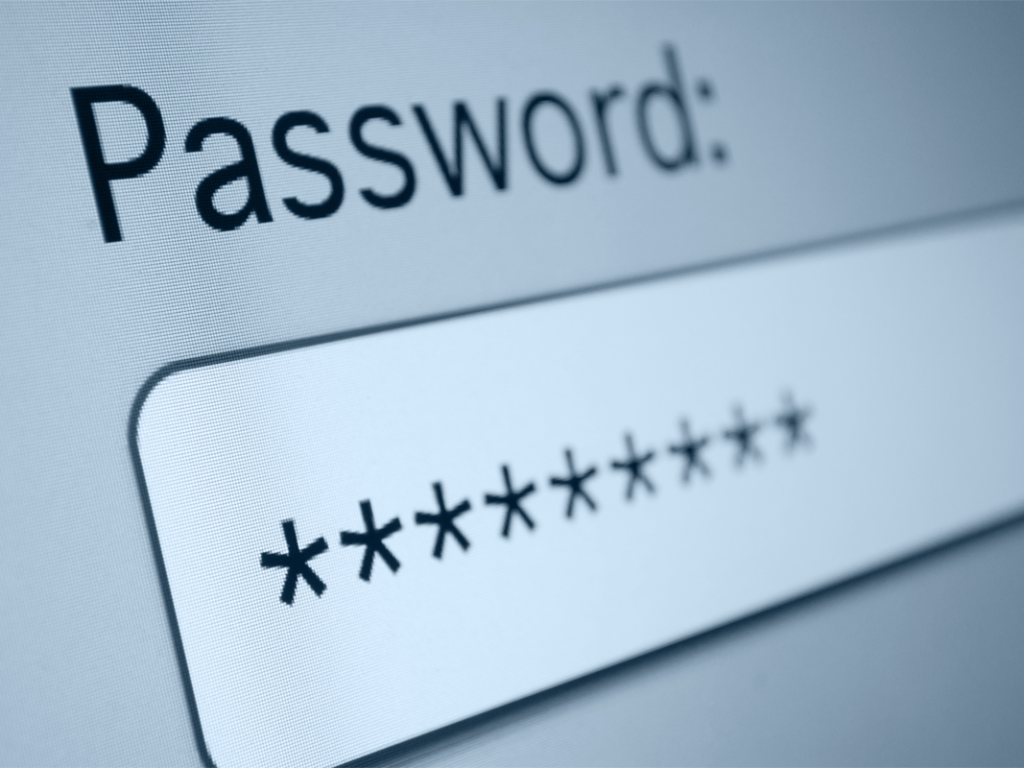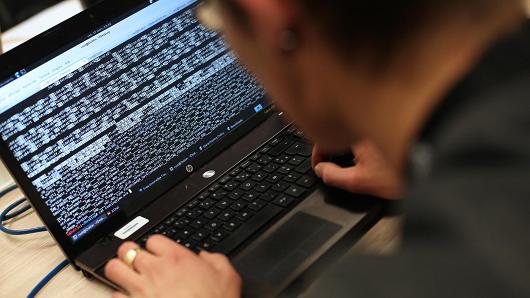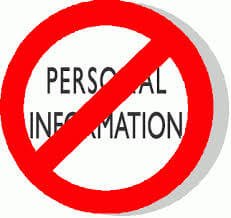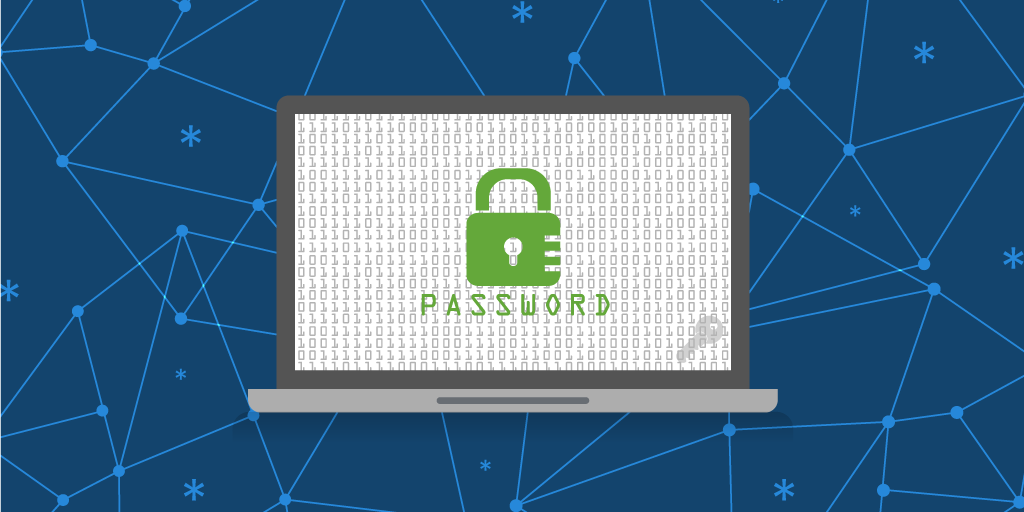You need a PIN or password for everything and everywhere these days. There are so many required that it is almost impossible to keep up with what they are.
You often forget to update the important ones and when you do you struggle with coming up with ones that are effective that you can remember. Therefore, before you know it, months, or perhaps even years go by, and you have the same passwords.
There is good news!
Some simple techniques can assist with life and password memorization a bit easier. In this post, you will learn some simple strategies to create passwords that you can remember and not stress over.
Why are Passwords Necessary
It is vital that you remember why you need passwords and why they are essential. Having a strong, effective password is sometimes the only defense but for sure the first against intrusion.
They protect your personal information—the kind you do not want just anyone and everyone knowing. In your personal life, that means private documents, health data, and financial information. In a professional standpoint, that may involve anything considered critical to the success of businesses, such as:
- Customer Lists
- Intellectual Property
- Financial Data
- Trade Secrets
Passwords are cheaper and more straightforward than more secure options for authentication such as fingerprint ID machines, retinal scanners, and unique key cards. Passwords provide a straightforward, direct form of protecting an account or system.
Passwords are generally in combination with some other type of identification, such as an email address, account number, or a username. The password authenticates that the user is whom he or she claims to be while the username creates the identity of the person for a system or computer. That means their purpose is to prove that they are whom they claim to be.
Hacking is a Huge Business
Even though passwords are a critical part of system security, breaking or cracking them happens relatively easy. Password cracking is the course of breaking or figuring out passwords to gain unauthorized access to an account or system.
It is a lot easier than what the majority of users would think. The difference between hacking and cracking is people hack machines where the crack is codes.
How to Choose Good Passwords
Now that you understand the importance of passwords, you need to learn techniques to create strong, excellent passwords. To develop effective, strong passwords it is helpful to remember some of the techniques people use to crack them, so here are some things NOT to do when orchestrating your passwords.
No Proper Nouns, Foreign Words or Dictionary Words
As mentioned about, tools used for cracking are incredibly efficient with processing excessive quantities of number and letter combinations until finding a match for a password is successful. That is why users need to avoid using traditional words for passwords.
However, on the other hand, you should avoid common words with a number added to the end of as well as general words written backward, such as “nimda.” Words such as these may be hard for people to figure out, but they are by no means a match for the monster force attacks from password cracking tools.
No Personal Information
One of the most aggravating things pertaining to passwords is they be simple to remember. Naturally, therefore many users incorporate their personal information in with the passwords. However, it is disturbingly easy for hackers to gain personal information about their potential targets.
That is why online security and safety professionals recommend users not to include personal information in their passwords. That means your password should never contain anything the slightest bit related to your username, name of a pet, family member, or a nickname.
Also, your password should never contain easily identifiable numbers such as addresses or phone numbers or anything someone could decipher if he or she were to pick up your mail.
Length, Width, and Depth
A password that is effective and strong needs some serious complexity. The three aspects that will assist you with creating this brute is length, width, and depth. Length refers to the longer you make your password, the harder it will be to crack.
Width is the various types of characters you should use. Add special characters and numbers such as “! # %.” and use upper case and lower-case letters.
Depth denotes picking a password that has a challenging meaning – something hard to guess. Never use common phrases or words. Source: phoenixnap.com
Changing and Storing Passwords and PINs
So, if this a no-no or not? To guarantee ongoing effectiveness, you should change your passwords on a regular basis. Never let those who have no business knowing your password watch you write it down or see where you keep your information hidden.
It depends on the account for how many times you need to change the password. You need to change your online financial accounts once every month or two. Corporate passwords, once every three or four months.
The trick is not to be lazy and to always use good judgment. Changing your passwords are typically painless and fast versus the other expensive and irritating processes for combating identity theft.
Other parts are installing strong firewalls, network security, and overall best cybersecurity practices. Those provide an astounding amount more global defense in the controlled corporate world than passwords do alone.




